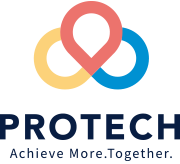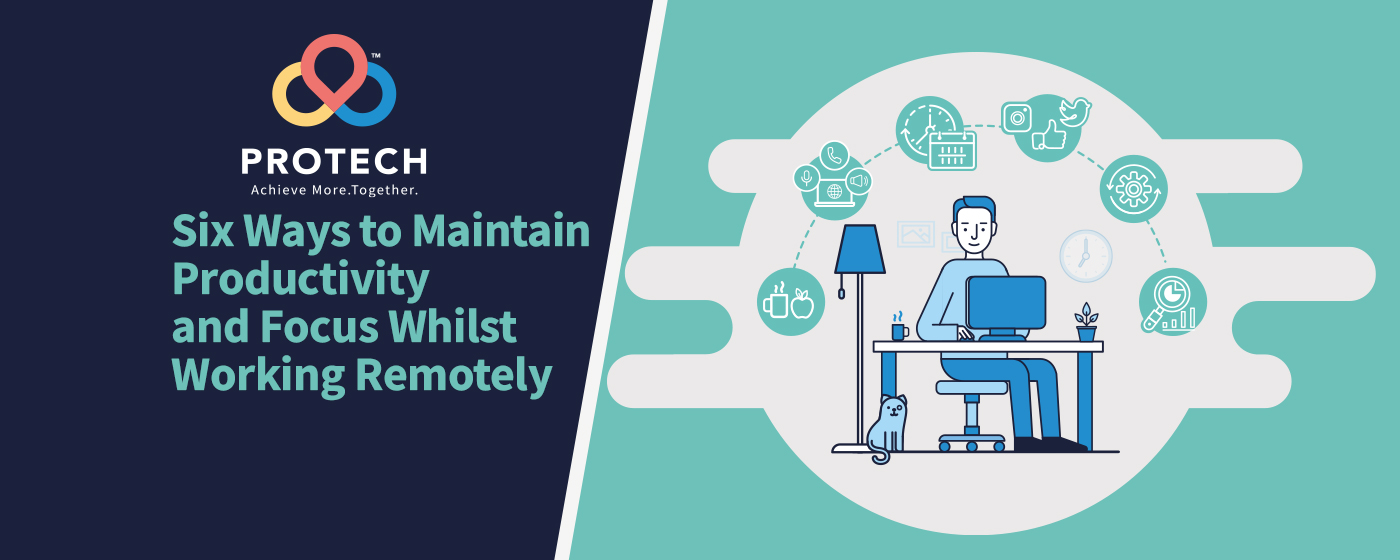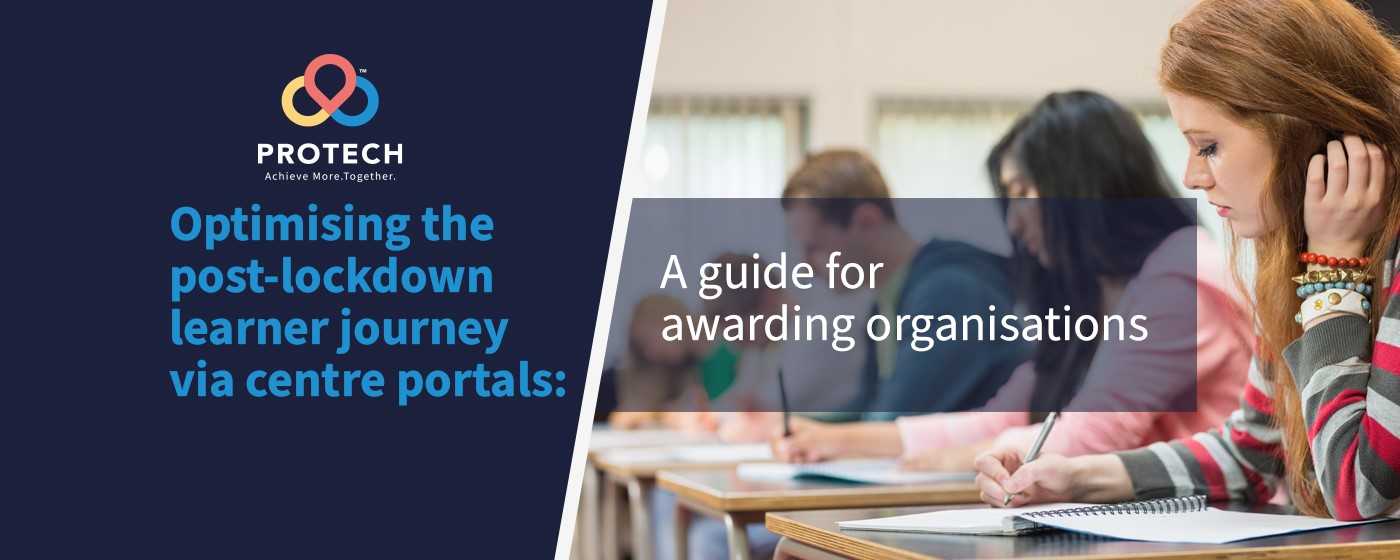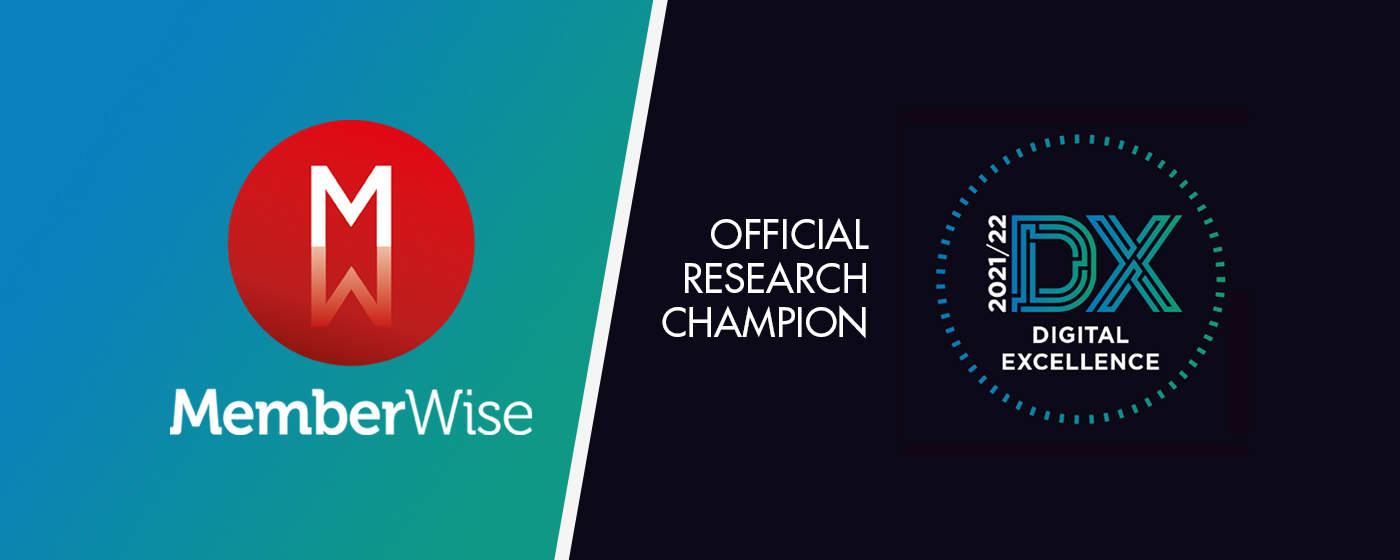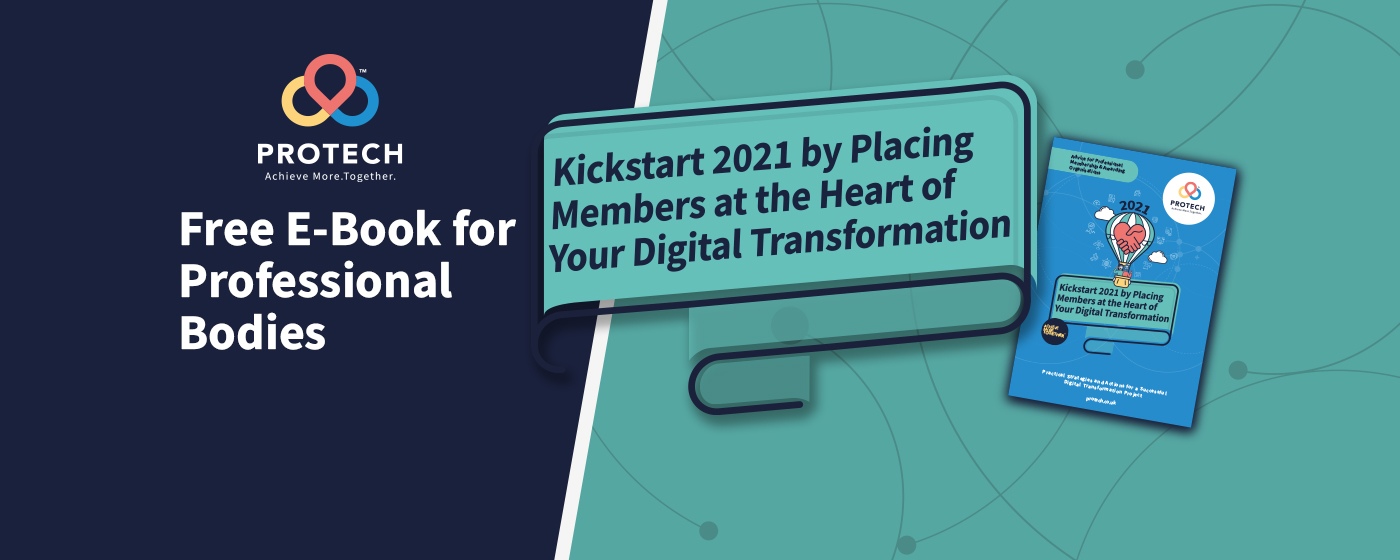As the COVID-19 crisis continues, professional membership organisations and their employees are having to adapt quickly to new ways of working. But while some industries have long-since adopted a flexible-location working policy, the specific challenges within the membership sector have traditionally favoured an office-based working model.
As one of these employees, the need to respond quickly to member enquiries requires you to stay alert and close to your office desk. Similarly, whilst many organisations offer self-service functionality within their corporate website, the process of on-boarding new members often extends across a number of departmental functions so sharing an office with your finance or marketing colleagues has many operational advantages. And with almost all regular tasks being computer based, any decrease in IT support or connectivity can have significant effects on your ability to maintain service standards and deadlines.
Of course, working from home does have its benefits too. There can be fewer counter-productive distractions, potentially unnecessary meetings are often replaced by emails and you can adjust your working environment to match your needs.
Here are six pieces of advice to help you adapt and thrive during this period.
- Get Organised: Set up a dedicated workspace where you can work as you would within the office. Place everything you need close at hand. Ensure you honour the end of the working day and shut away your working area when you finish.
- Take ownership of your motivation: Whilst you may have been given targets or deadlines by your team, you should also manage your own task list by setting yourself smaller daily, weekly and monthly goals. This will help you to stay motivated by giving you a sense of progress and accomplishment as you tick off each milestone.
- Minimise the distractions around the house: Every household will have different distractions and finding a way to minimise them is vital to keeping focused. If household chores or family members distract you, shutting the door and setting boundaries may be the simple answer. Set work times and office areas really help here.
- Control your social media intake: According to Statista, worldwide average daily social media use amounts to 144 minutes per day. Checking these accounts too often within the working day will lead to a loss of focus and wasted time. Consider whether all your apps need to have notifications turned on and allocate a set amount of time to batch check them all in one sitting.
- Structure your working day: Outline two or three key outcomes on which to focus each day to maintain structure. Manage your time effectively and schedule your day around when you are most productive. Plan time for regular breaks and a proper lunch away from your computer.
- Communicate and collaborate through efficient platforms:Many platforms such as Microsoft Teams, Zoom and Slack are offering free use during the pandemic. Use them to run structured meetings within your teams on a daily and weekly basis to communicate and collaborate with stakeholders. Consider finding a buddy within your organisation to check in with for five minutes per day to reduce feelings of isolation. Remember to update your status within your chosen platform so that your colleagues know when not to disturb you or if you are away from your laptop.Successful membership organisations need employees that are agile and engaged. This is unachievable if you’re fatigued, disorganised or distracted. If you’re constantly losing focus, you may be trying too hard. Use the tips above to make your working time more efficient and thus help you retain a proper work-life balance. Don’t try to overcompensate for not being in the office by working longer than you normally would and by skipping regular breaks. This is a marathon, not a sprint.This article is part of our 25 page free e-book, how professional membership organisations can drive member value through the pandemic and beyond.
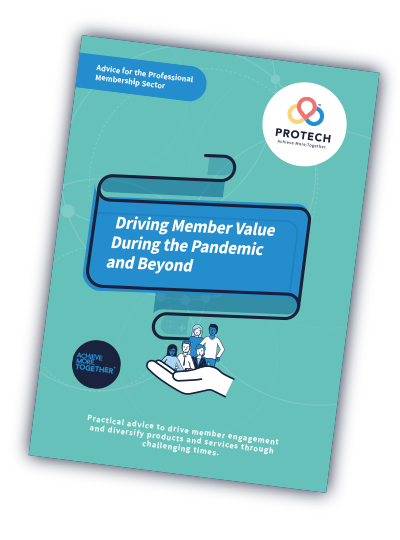
Learn how to:
- Adapt your value proposition to resonate with member needs
- Practically enhance your member retention
- Diversify your qualification approach to protect revenue
- Minimise the impact of event cancellation
- Ensure that your productivity levels remain high whilst working remotely
Download this free e-book now to discover actionable strategies and practical advice.
